The top 10 best Welsh place names and their real meanings
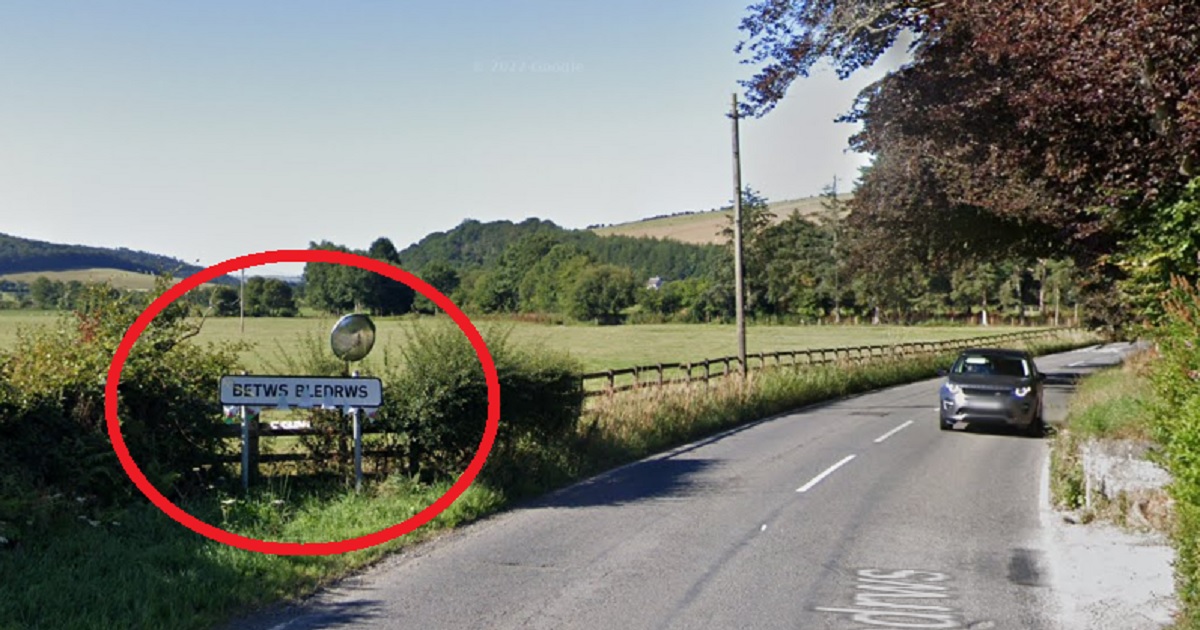
Wales’ place names have been the butt of many a joke – but of course, no language makes sense to people who can’t speak it.
However this mockery also hides the fact that there are quite a few amusing and excellent place names in Wales, and it has nothing to do with their length or lack of English consonants.
With the help of the Dictionary of Place-names in Wales, we looked up some of the most amusing Welsh place names to discover their origin.
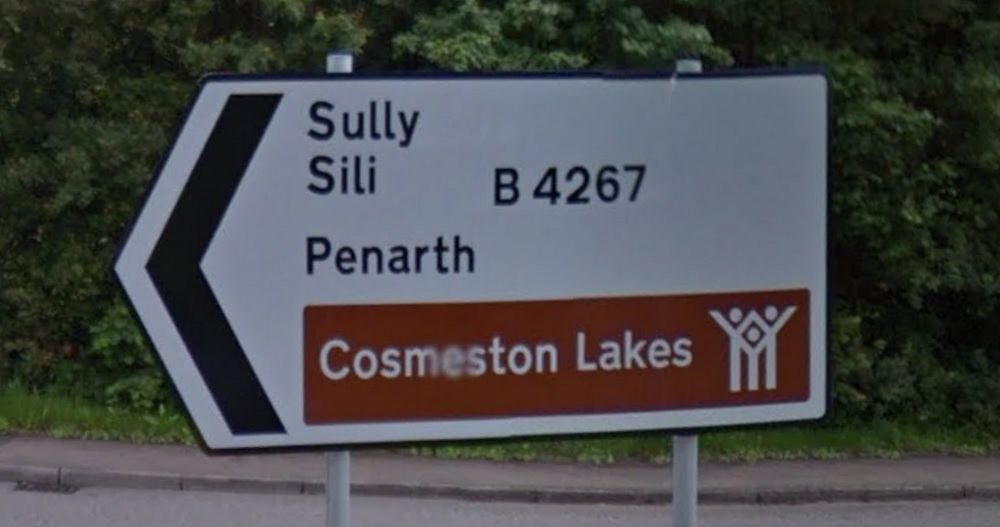
10) Sili
Sully in the Vale of Glamorgan, named after the family name ‘de Sully’, is brilliantly rendered in Welsh as ‘Sili’. It’s possible that it’s a name transferred from Sully in Normandy. Like the Court of Camelot – it is a silly place.
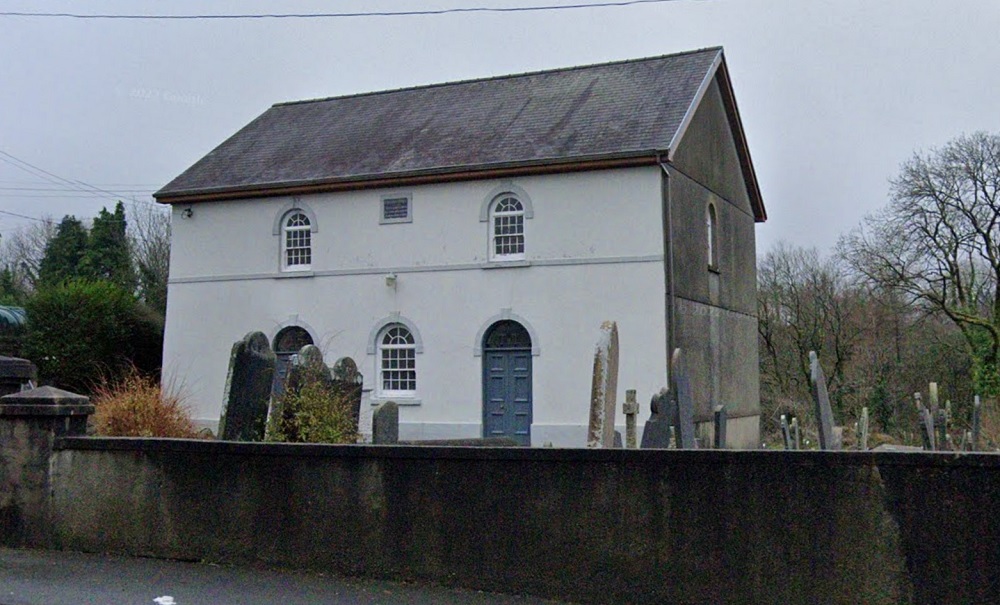
9) Nant-y-Caws
Amusingly this place name translates as ‘River of the Cheese’. Apparently, this evocative name actually refers to the rich farmland in Carmarthenshire which is able to support a lot of dairy cattle, making this something of a hub for coagulated milk. Even better, there is a Philadelphia Chapel in Nant-y-caws.
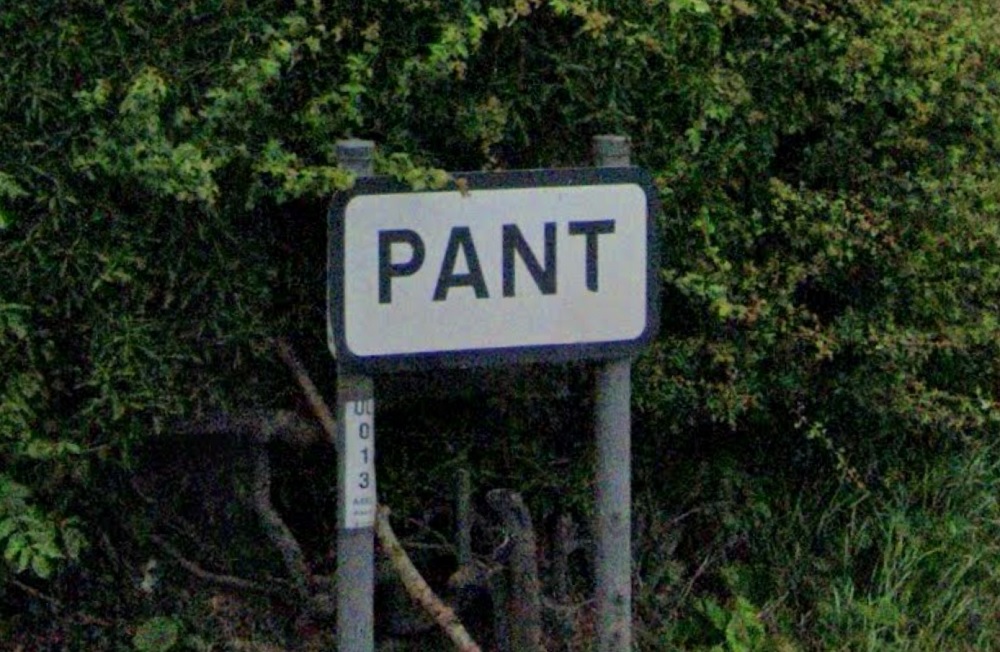
8) Pant
This one may be cheating a little bit as it’s not in Wales, but rather just over the border in Shropshire where Welsh was once commonly spoken.
Hollow
Pant means ‘hollow’ in Welsh, and appears quite frequently in place names like Pant-Glas and Pantpastynnog.
Here though, it’s just Pant. This is the place to go to work up a sweat.

7) Pentregalar
This rather ominous settlement in Pembrokeshire translates as ‘Village of Grief’. It is not clear what tragedy befell this place to give it such a name.
The Dictionary of Welsh Place Names suggests that it might just mean ‘miserable’ as the village is in ‘an exposed, poor site on east-facing hill-slopes’ which comes across as a bit judgemental and also begs the question of why anyone would want to live there long enough to give it its moniker if they disliked it so much.
Perhaps it was a village of Mrs Doyles – people who like the misery. In truth though it is quite lovely.
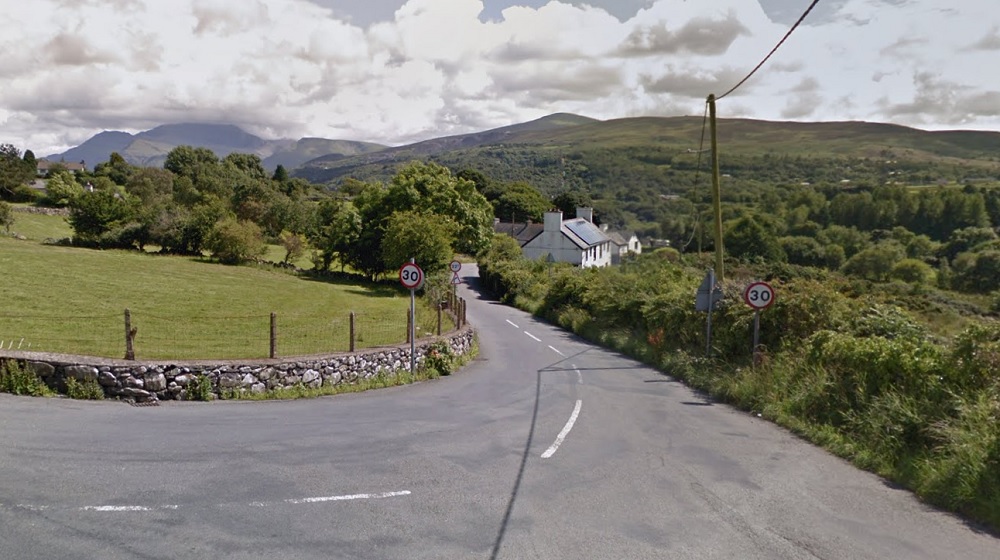
Penisarwaun – jokes about the name are a small price to pay for such lovely views6) Penisarwaun
The name simply means ‘lower end of the moor’ and any other interpretation is simply the product of the reader’s dirty mind.
The jokes about the name are a small price to pay for its stunning location just north-west of Yr Wyddfa.
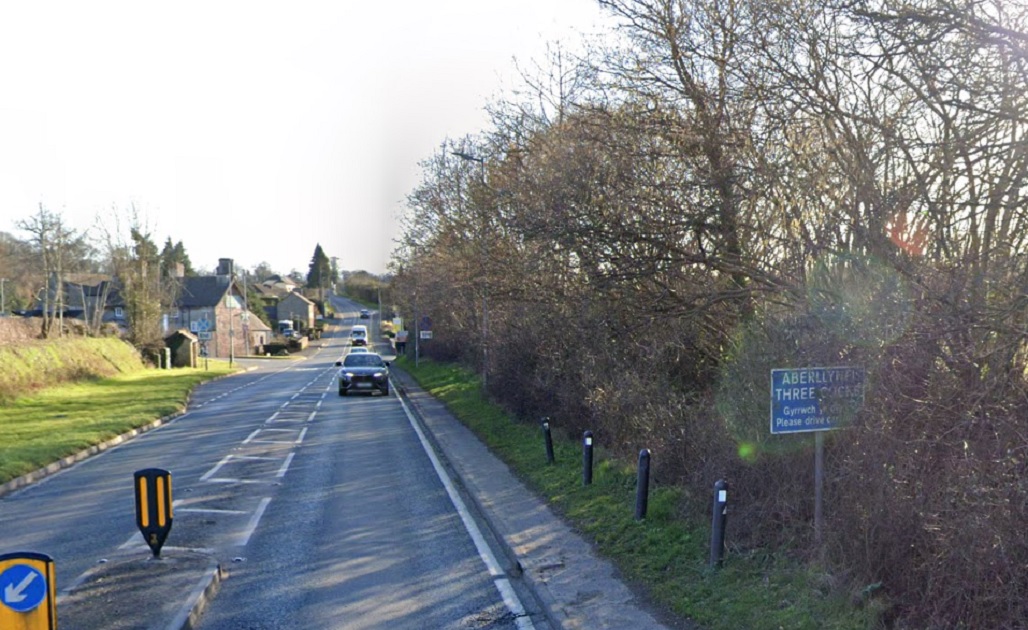
5) Three Cocks
As with Penisarwaun above, the explanation for this place name in Powys is entirely innocent. It was originally derived from the Three Cocks Inn. The three cocks themselves appear on the arms of the Williams family of Gwernyfed.
The name was passed on to the railway station Three Cocks Junction railway station, which closed in the 1960s. The railway station was known locally as ‘Lucky Man Junction’.
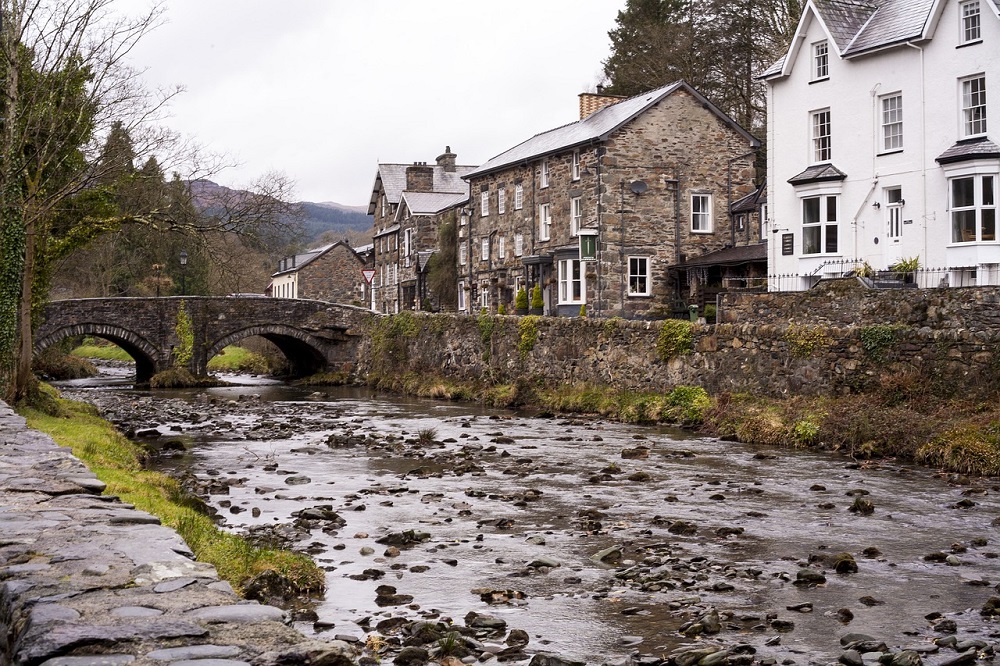
4) Beddgelert
This name which translates as ‘The Grave of Gelert’ has quite a story behind it – or at least, a made-up one. It originally meant the grave of a man called Celert, perhaps a saint.
Myth
But from the 16th century the myth arose that it referred to Prince Llywelyn’s faithful hound which he accidentally killed – thinking the dog had attacked his child. He later discovered that Gelert had been protecting his child from a wolf.
Beddgelert’s tourism wing has made much of this folk-tale, even erecting a headstone to the dog in the 18th century. You can still visit it today.
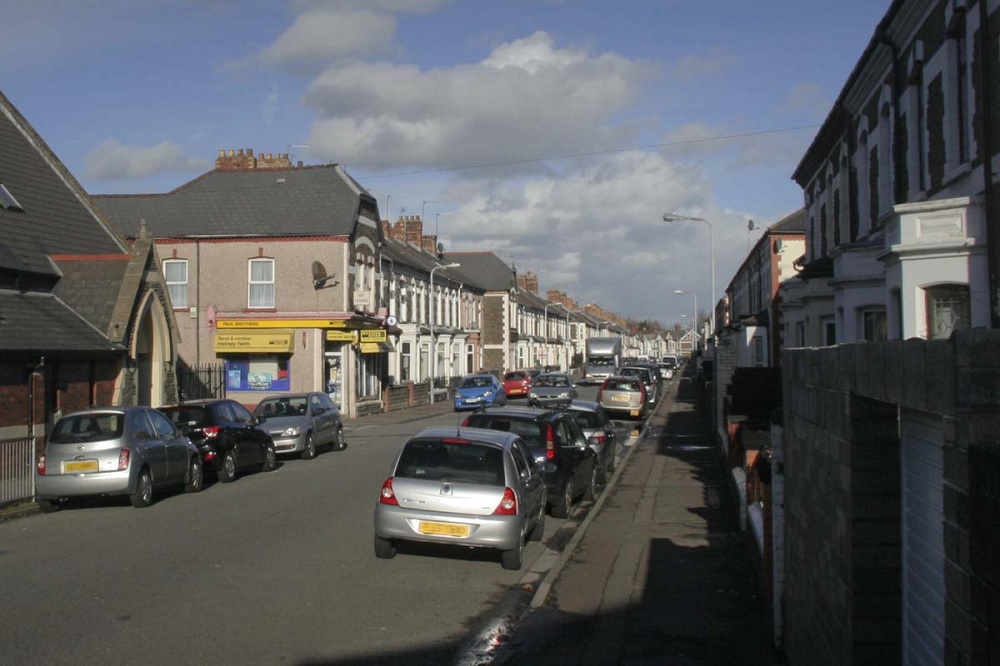
3) Splott
A suburb of Cardiff, up-and-coming Splott is one of the less expensive places to live in the city, but is no blot on the landscape. Y Sblot in Welsh, the name comes from the Middle English word for a patch of land, which is also quite common in the Vale of Glamorgan and Pembrokeshire.
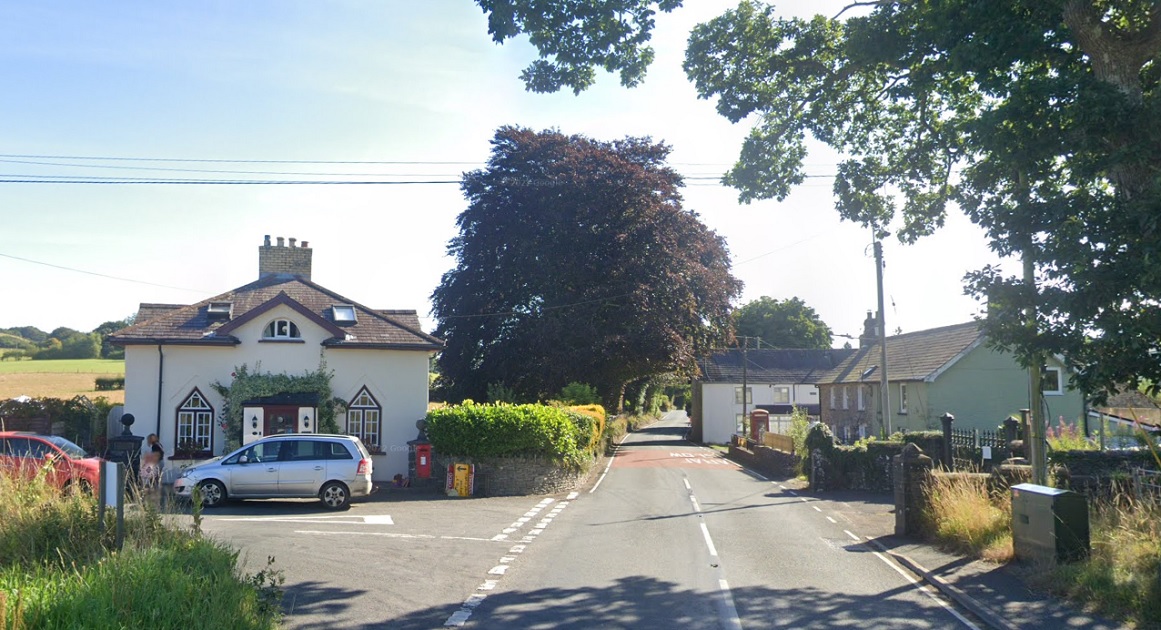
2) Betws Bledrws
‘Beh-toos blid-roos’ – such a satisfying place name to say. This village between Lampeter and Llangybi, Ceredigion, simply means a church or prayer house dedicated to the Celtic saint Bledrws.
The church was also dedicated to St Michael, but I think we all agree that they made the right choice in calling it Betws Bledrws.
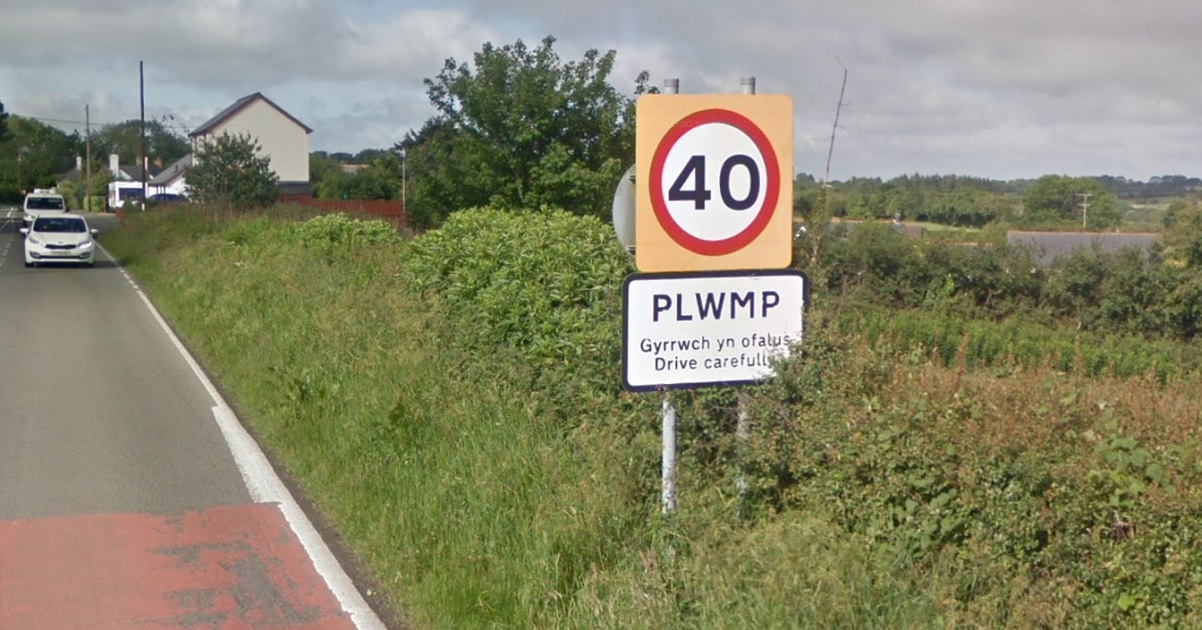
1) Plwmp
The name of this place near the Ceredigion coast can’t help but raise a smile. It’s very satisfying to say – ‘Ploomp’.
The significance of the name however is a bit more prosaic – it comes from a farmhouse whose roadside pump provided water for travellers passing through. At some point the Welsh ‘pwmp’ (pump) became ‘Plwmp’. And it is all the better for it.
Plwmp!
Do you have suggestions of amusing Welsh place names we’ve missed? Just plwmp them in the comments below.
Support our Nation today
For the price of a cup of coffee a month you can help us create an independent, not-for-profit, national news service for the people of Wales, by the people of Wales.






I was expecting the countdown to conclude with Ysbyty Ystwyth and was sorely disappointed.
Nant y Caws is nothing to do with cheese. It comes from Cawsai which means causeway. See GPC. Bedwyr Lewis Jones pointed this out.
One of my favourite names is Pontrhydfendigaeth.
Interesting. Of course, nearer Carmarthen we have Pensarn (sarn also meaning causeway), and closer to Llanelli, Trimsaran (another sarn). The area must have been a boggy place indeed!
Never heard of Pontrhydfendigaeth but I know of a place called Pontrhydfendigaid.
I realise that this article was designed to be light hearted entertainment, which is fine. It’s a pity the writer did not investigate in Welsh pronunciation before commenting. This though could have spoilt some of the articles conclusions. Please keep the fun coming.
There is of course Varteg or as commonly known The Varteg. There was uproar a few years ago when the council put up the signposts with the spelling in Cymraeg which is of course Farteg. Much amusement as well as gnashing of teeth at the time. Also, just on the north end of Varteg/Farteg there is as regular contributor Tom Malone described recently the one & only Snail Creep Lane….. No Cymraeg translation here but too good to not have it included.😁.